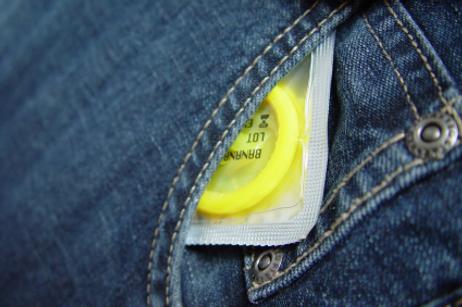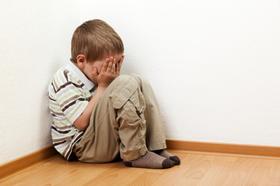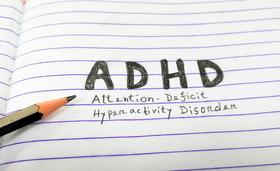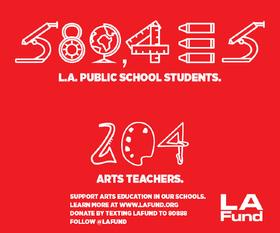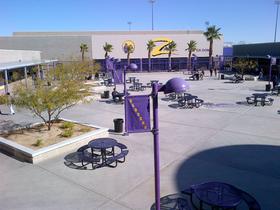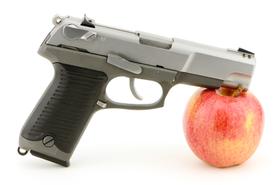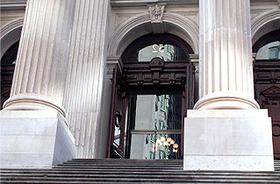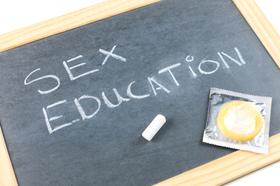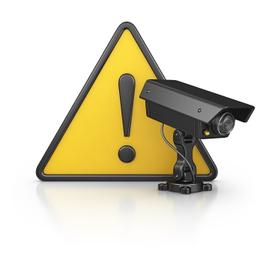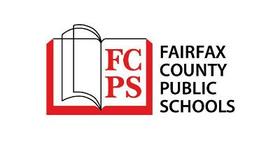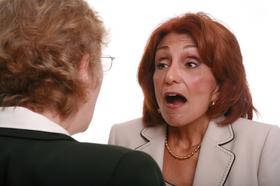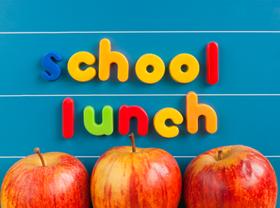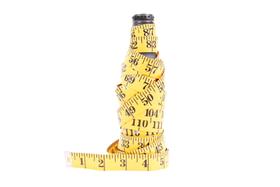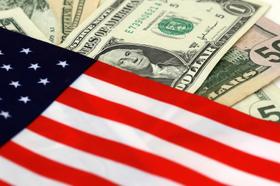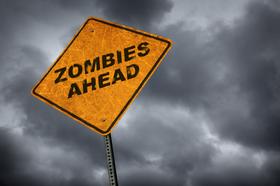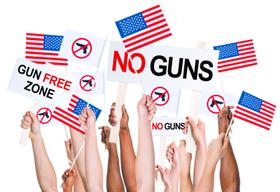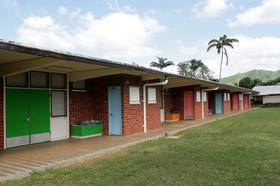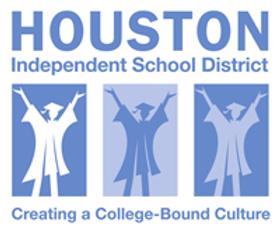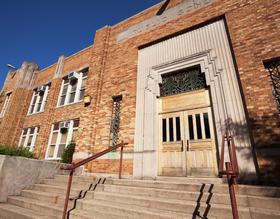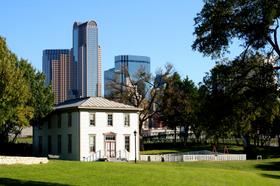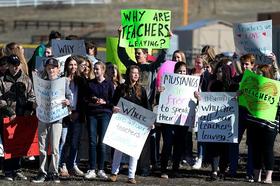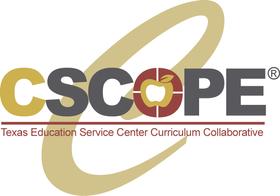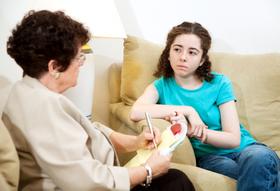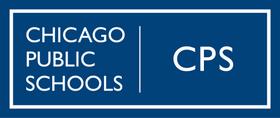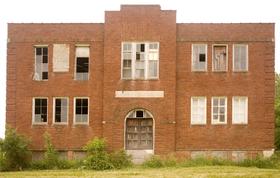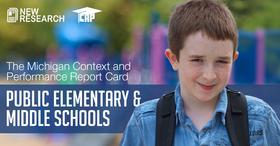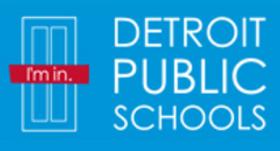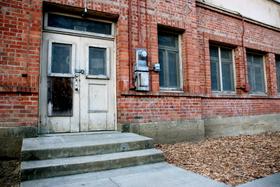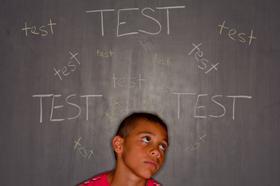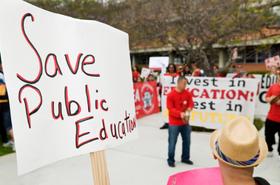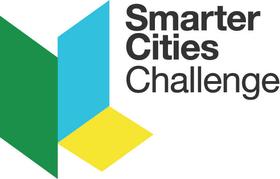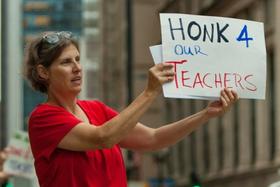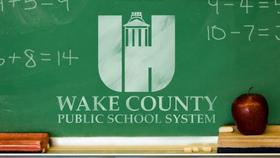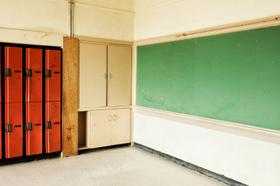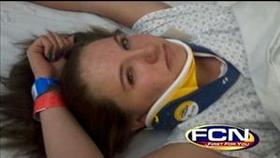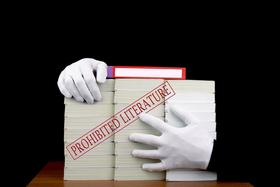Students returning to school after Christmas break may find new condom dispensers in their schools. The district is expanding the availability of free condoms to 22 high schools in the city, choosing schools based on their rates of sexually transmitted diseases. The move has been endorsed by city officials, including the mayor of Philadelphia Michael Nutter. The pilot program is designed to curb the “epidemic” of sexually transmitted diseases that has swept parts of the city, according to some officials.
This video reports on Philadelphia schools' installation of condom dispensers in 22 high schools.
Concern Leads to New Policy
The dispensers will be installed in the health offices of 22 high schools in the Philadelphia school district, according to the New York Daily News. The schools receiving the dispensers had the highest rates of sexually transmitted diseases among students, including gonorrhea and chlamydia. Back in 2010, city officials saw a nearly 50 percent increase in confirmed gonorrhea cases among the city’s youth, which was closely followed by a similar rise in chlamydia cases.
Other reports showed that one in every four Philadelphia residents diagnosed with AIDs was between the ages of 13 and 24. At the same time, the city was reporting these concerning figures, condom use among teens in the city appeared to be on the decline. Dr. Donald Schwartz, the health commissioner for Philadelphia, told the New York Daily News that less than 60 percent of students who say they are sexually active reported to using condoms the last time they had sex. Amid concerns over these new statistics, the idea to distribute free condoms in schools was born.
“We believe distributing condoms is part of our obligation to keep students healthy and to remain healthy,” Fernando Gallard, spokesman for the Philadelphia school district, was quoted as saying at the New Orleans Times-Picayune. “The health department has described this as a continued epidemic of STDs among teenagers in Philadelphia.”
Nutter agreed with the decision of the school district, telling the Huffington Post that students “are engaged in sexual activities,” regardless of what their parents and other adults might think. Nutter added that the job of the city is to make sure those students were engaged in safe sexual practices. The discussion over whether they should be engaging in sexual activity was a discussion worth having, but safety was the primary concern for the city and school district.
Condoms to be Available in Nurses’ Offices
The free condoms will be available via plastic dispensers inside the nurses’ offices of the selected schools. While students will have to enter the office to retrieve their protection, nurses will not be required to monitor who takes the condoms. Previously, Philadelphia schools had made free condoms available in one dozen schools in the city, but they were distributed by the nurse at the school, not an anonymous dispenser. The new policy offers schools without a full-time nurse on staff the ability to make the free condoms available as well.
Parents were alerted to the new policy in October 2012. At that time, parents were allowed to exercise an opt-out option that would prevent their own children from getting free condoms. Lists of the “opt-out” students were distributed to each health office for monitoring. It is not known at this time just how many students are currently on the opt-out lists as the pilot program kicks into gear with the return of students after Christmas break.
Support for New Program Includes Lawmakers, Health Officials
There is widespread support for the Philadelphia pilot program, from politicians, health officials and some educators. In 2011, the city made the following statement, which was quoted at The Blaze:
“According to a national survey of high school youth, Philadelphia has the highest number of youth who have been sexually active, the highest number who became sexually active before age 13, and the highest number of youth who have had four or more sexual partners. Yet, we have one of the lowest numbers of youth who report using a condom.”
Dr. Schwartz also reported that after launching takecontrolphilly.org, a website distributing information about sexual health to teens and parents, the rate of STDs reported among youth in the city actually went down. He is hoping to see similar results with the introduction of this pilot program.
Parents Raise Concerns
Despite the widespread support among city and school officials, parents are not so comfortable with the idea of placing free condoms in more of the city’s schools. The Huffington Post goes so far as to say the new dispensers have sparked “outrage” among many parents in the school district who state the addition of the dispensers is like encouraging the students to go out and have sex.
“It’s kind of like promoting it, a way of advertising sex,” Philadelphia parent Marvin Lucero told the New York Daily News.
However, school officials point to the waiver parents may sign if they don’t wish their children to have access to the free condoms. In addition, Dr. Schwartz stated in the New York Daily News that there is no evidence to suggest that offering free condoms increases the rate of sexual activity within the community.
“There is no evidence in this country or in any other country that has studied this that making contraception or condoms available in any way increases the rate of sexual behavior among young people,” Dr. Schwartz said.
While the controversy over the new program continues, the presence of the condom dispensers may speak for itself in the upcoming month. If Philadelphia does manage to curb its rate of STDs among the city’s youth, perhaps an argument in favor of free condoms in schools can be made indeed.
Questions? Contact us on Facebook @publicschoolreview.

